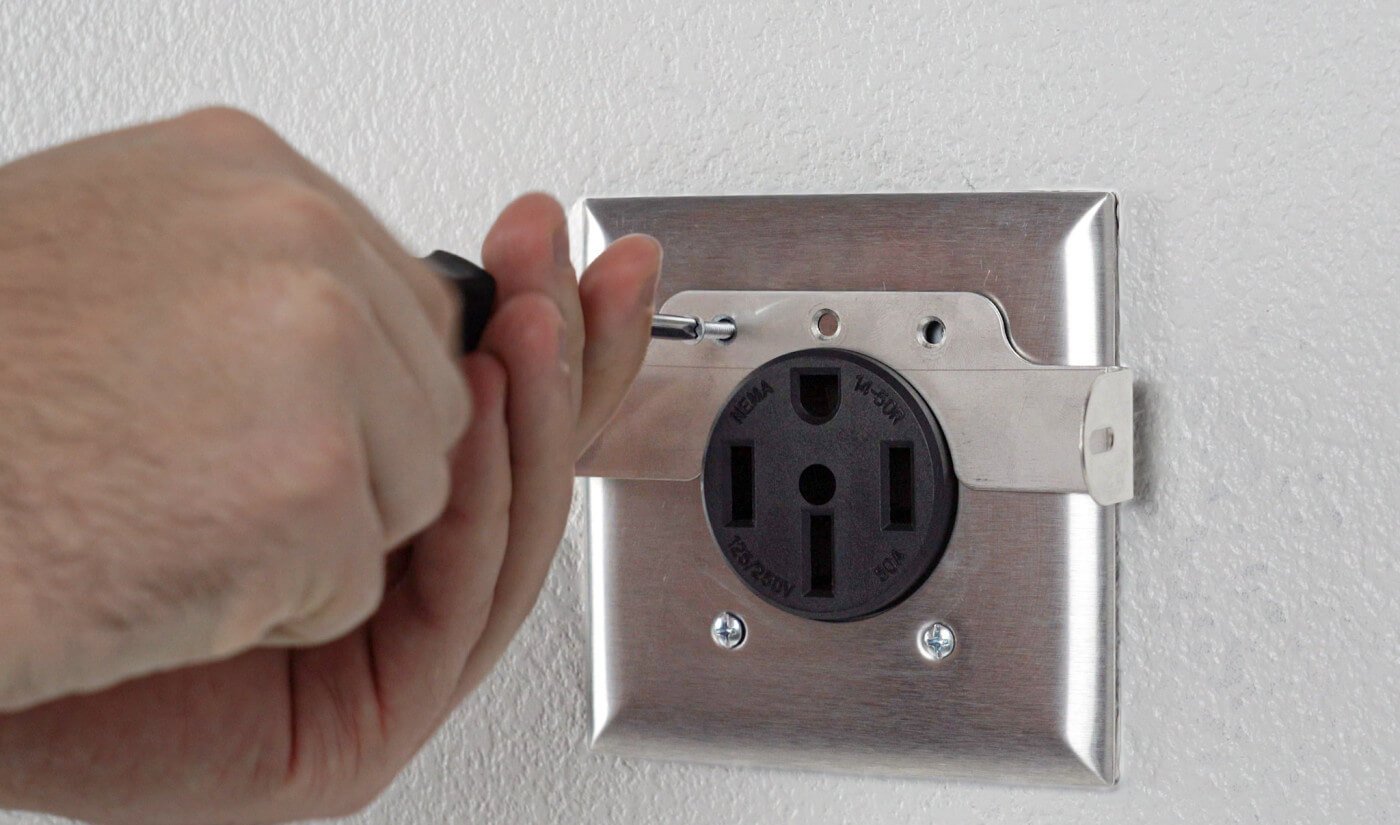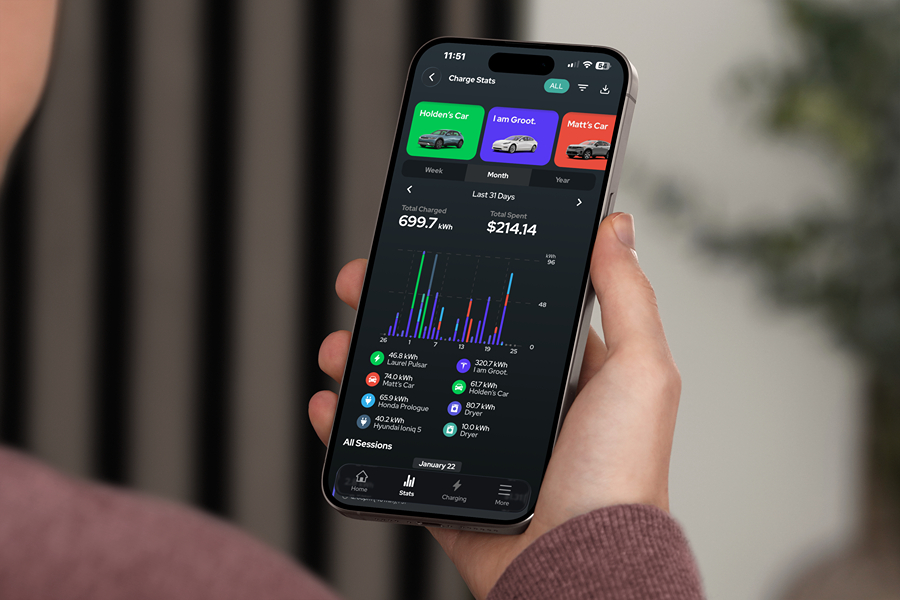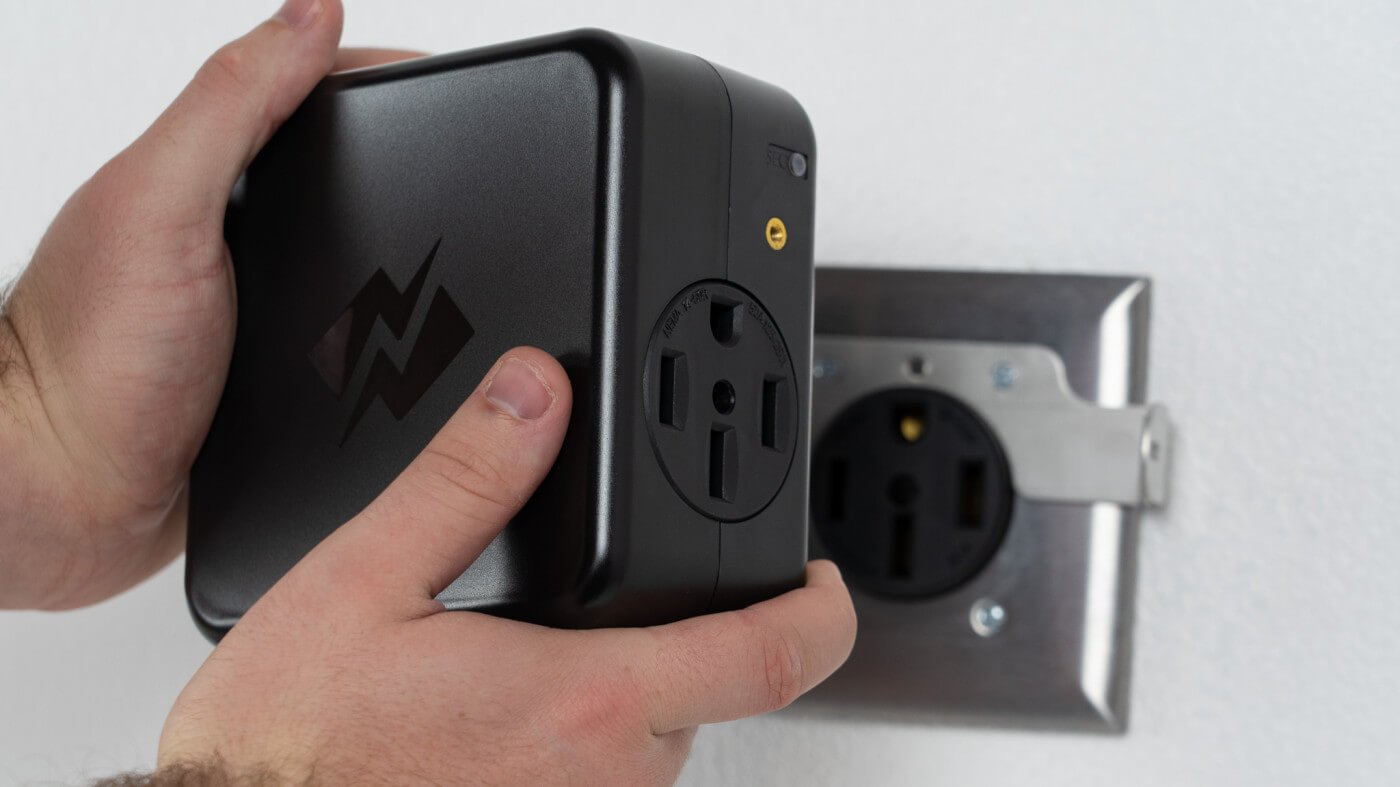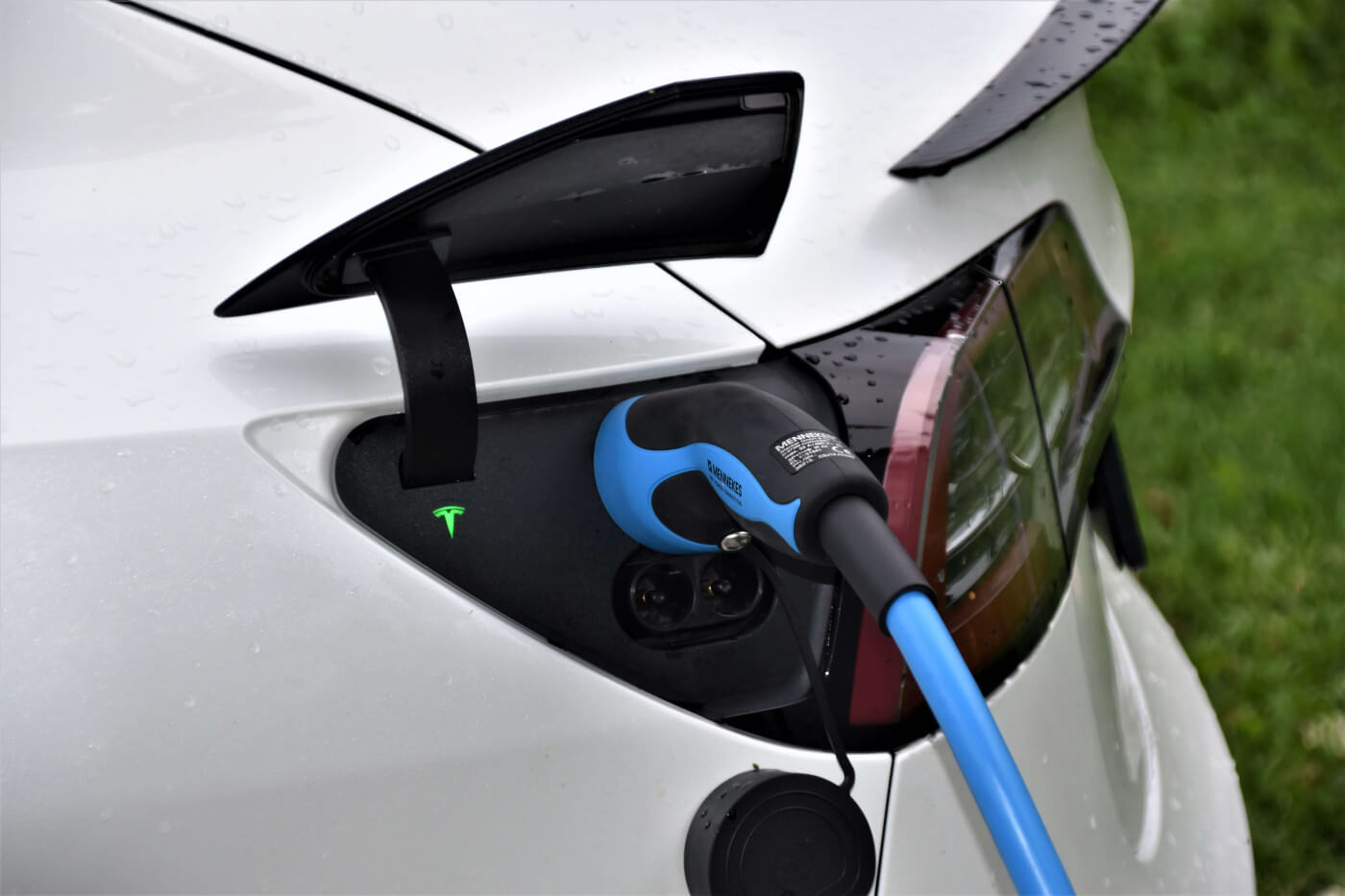
Industrial vs Residential 240V Outlets for Home EV Charging
TL;DR
Key takeaways
- Industrial vs Residential Grade 240V Outlets.
- The reason why industrial-grade outlets are a better choice for home EV charging
Electrical outlets play a vital role in our daily lives, providing power to various devices and equipment. While most of us are familiar with standard 110-volt household outlets, not many understand the nuances of 240V outlets and the different configurations and grades available. In this article, we'll explore the differences between standard and industrial-grade 240V outlets and when each is appropriate.
Background
In the United States, 240V outlets have a history dating back to the early 20th century, coinciding with the adoption of alternating current (AC) electrical systems. These outlets were developed to accommodate higher voltage distribution for efficient power transmission. They are designed to deliver double the voltage of standard 120V outlets and are commonly used for appliances like electric stoves, dryers, and air conditioners. The National Electrical Code (NEC) regulates these outlets to ensure safe electrical installations, and they come in various receptacle configurations, such as NEMA 14-30 and NEMA 6-50, each serving specific applications based on the device's power requirements. For example, electric dryers typically require a maximum of 24A (5.7 kW) and use a NEMA 14-30 outlet, while welding equipment may require 40A (9.6 kW) and use a NEMA 6-50 outlet. To prevent damage to high-powered devices, these outlets have different plug shapes, in contrast to the standard NEMA 5-15 110V outlet, which has one configuration suitable for various devices, from cell phone chargers to microwaves.
Even within a single 240V outlet variant, various use cases necessitate different plug grades designed to withstand a range of environments and applications.
Industrial-Grade vs. Residential 240V Outlets
Industrial-grade outlets, also known as heavy-duty or commercial outlets, are specifically engineered to meet the demanding requirements of commercial and industrial settings. While they may appear similar to typical residential outlets, industrial-grade outlets are designed for long-duration sessions under a high load, offering durability and reliability that often surpass standard household outlets. These outlets are commonly used to power heavy machinery, welding equipment, power tools, HVAC systems, and electric vehicle charging. EV Charging falls under the category of heavy usage because cars are typically charged daily for 3-6 hours at a time at the maximum continuous current rating of the outlet/breaker.

Residential vs Industrial outlet size comparison
As we strive towards sustainability goals and electric vehicles become more prevalent, many new homes are equipped with NEMA 14-50 outlets in or around the garage, facilitating Level 2 EV charging at home. Most of these homes come with residential-grade outlets, which are suitable for immediate use but may not be the ideal long-term solution.
In an independent study conducted by engineers at NeoCharge, a comparison was made between residential and industrial-grade NEMA 14-50 receptacles to determine the distinctions between the two grades of 240V outlets. The key finding from this testing revealed that industrial-grade outlets have a significantly superior mechanical design, reducing resistance through the receptacle by 3-5 times compared to their residential counterparts. This improvement stems from both the mechanical shape and the brass alloy used in the clamp, which is less malleable than the material used in residential clamps. Additionally, industrial outlets provide greater torque on input wires, thanks to the use of an impact screw instead of a Phillips screw, resulting in reduced resistance on the input side of the receptacle.
I immediately upgraded the receptacle to a Hubble Industrial grade unit. My electrician used a common 14-50 previously. When I called him to tell him that the unit had melted he replaced it with a Hubbell but not the 9450A. I insisted on the 9450A and it has been installed. It’s made so much better than the other two units. My electrician said that the last two years have been a learning curve since sockets rated safe by UL for “normal” loads by appliances can’t really cope with constant current and the heating and cooling of the socket for several years. I charge several hours a day so I am glad we’ve upgraded the Hubbell. I’m glad the NeoCharge unit was not the source of the issue and appreciate all . We never plugged and unplugged anything from the socket, so the failure from the old one was only from heat generated at the contacts, not from wear. The new 9450A socket has much better wire clamps that are torqued to 75 lbs.
- Message to NeoCharge Support after an overheated receptacle incident (3/24/2024)
So, should you rush to install an industrial outlet in your home? Not necessarily. There are plenty of 240V devices where a residential-grade outlet is perfectly suitable because the load is not substantial enough to warrant an industrial-grade outlet. Devices like dryers, ovens, and cooktops fall into this category. In these cases, a residential-grade outlet is a practical solution, and opting for an industrial-grade outlet would be excessive.
However, if you plan to charge an electric vehicle at home, NeoCharge, a company specializing in home EV charging and safety, recommends considering an industrial-grade outlet. Charging an EV can place a greater load on the outlet due to longer and more frequent charging sessions, so an industrial-grade outlet will offer great peace of mind for long-term usage.
Here's a side-by-side comparison of residential vs. industrial outlets:

*Data from an independent study performed by NeoCharge
Choosing between standard and industrial-grade 240V outlets depends on your specific needs and applications. While industrial-grade outlets offer superior durability and performance, they may not always be necessary. Assess your power requirements and usage scenarios to make an informed decision on which type of outlet is right for you. Whether it's powering household appliances or charging electric vehicles, the right choice ensures safety and efficiency in your electrical system.
If you are interested in a 240V outlet installation or upgrading to an industrial-grade outlet, NeoCharge partners with two of the largest electrician networks in the country and will help get you connected.
- If you live in any of the following states, we recommend getting a quote from Treehouse as they specialize in EV installs.
- CA, AZ, NV, UT, TX, FL, VA, NJ, PA, and Chicago
- Elsewhere, have worked with Qmerit which is a nationally recognized electrician network. You can get a quote from the Qmerit website here for all of your electrical projects.
Industrial-grade outlets (NEMA 1450 and 1430) are now available for purchase through NeoCharge. Shop Here
Related NeoCharge resources
-
NeoCharge Smart Splitter
Safely share a 240V outlet (dryer + EV) or charge two EVs without a panel upgrade.
-
Shop the Smart Splitter
See specs, compatibility, and pricing.
Key terms
- Level 2 charging
- Level 2 EV charging uses a 240V circuit (like a dryer outlet). It typically adds ~20–35 miles of range per hour, depending on your car and the circuit amperage.
- NEMA 14-50
- A NEMA 14-50 is a common 240V, 50A outlet (often used for EV charging). Many EV chargers plug into it, but the actual charging speed depends on the circuit and your EV.
- NEMA 14-30
- A NEMA 14-30 is a 240V, 30A dryer outlet. With a properly configured EV charger, it can usually support ~24A continuous charging (about 20–25 miles of range per hour for many EVs).






